“Thank you … your point of view made me think from a different perspective.”
2021 JEDI Awardee
JEDI Awards
LSEF has been offering Justice, Equity, Diversity and Inclusion (JEDI) awards to scientists who face disproportionately high and unfair obstacles to career progression since 2021.
Some of our Justice, Equity, Diversity and Inclusion (JEDI) awardees who received personalized support from one of our volunteers to strengthen a scientific manuscript or grant proposal (shared with permission).
2024 JEDI Awardees:
-
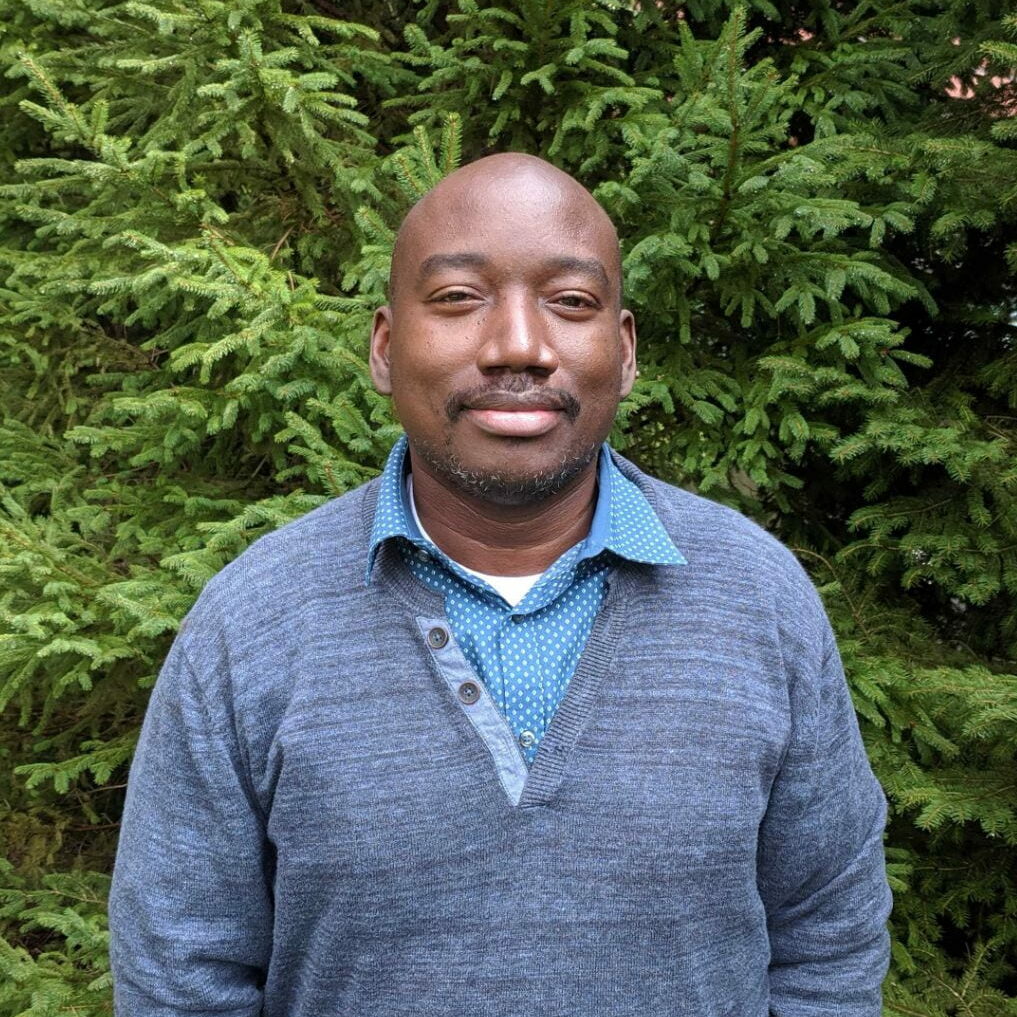
Dr. François Eya’ane Meva

Dr. François Eya’ane Meva
François is a Center for International Migration (CIM) returning expert from Germany. He is the leader of Nanoparticles Cameroon (NANO:C) a multi-disciplinary platform of joint efforts for the use of small size materials for sustainable development. He is Associate Professor of Inorganic Chemistry, at the Faculty of Medicine and Pharmaceutical Sciences the University of Douala, Cameroon. François has a PhD from the Chemnitz University of Technology and postdoc experience from the German Research Foundation (DFG). He has received awards as visiting professor from the German Academic Exchange Service (DAAD), from the Commonwealth Scholarship Commission, and Fulbright. -
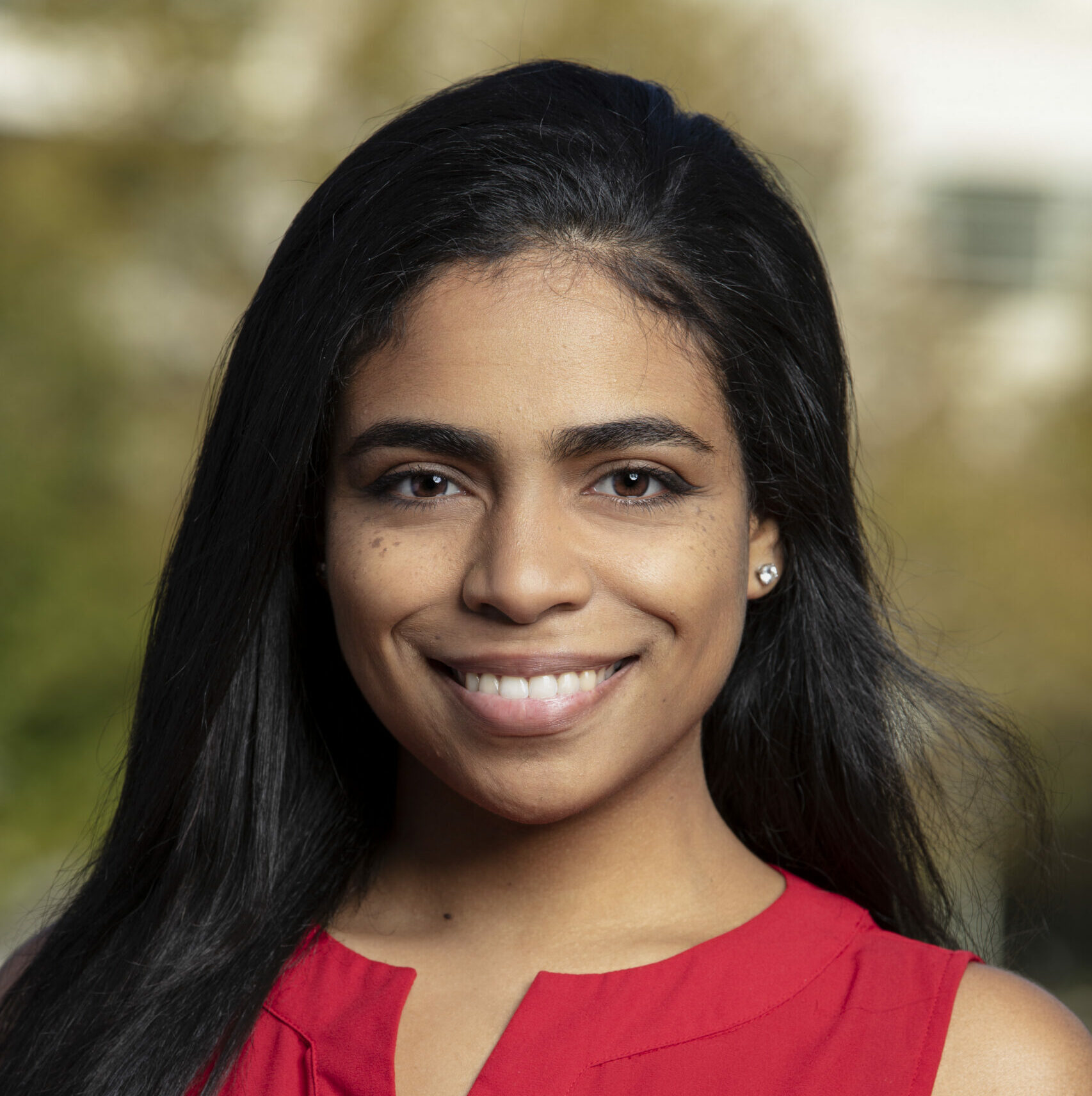
Dr. Jelissa Reynoso-García

Dr. Jelissa Reynoso-García
Jelissa is a first-generation Latina postdoctoral researcher at the University of California Davis. She obtained a Ph.D. in Biology (Microbiology track) at the University of Puerto Rico Rio Piedras Campus. She received the Outstanding Abstract Award from the American Society for Microbiology (2018) for her graduate work. As a postdoc, she initially studied the gastrointestinal pathophysiology of Angelman Syndrome, and then turned her focus to studying the link between the gut microbiota and behavior in Hispanic children with autism spectrum disorders. She has published multiple papers and received competitive fellowships, the most recent being the UC Davis MIND Institute’s Interdisciplinary Autism Research Training Program. Dr. Reynoso-García’s future goals include advocating for the inclusion of Hispanic minorities’ representation in autism research to address health disparities through microbiota-based personalized medicine.
-
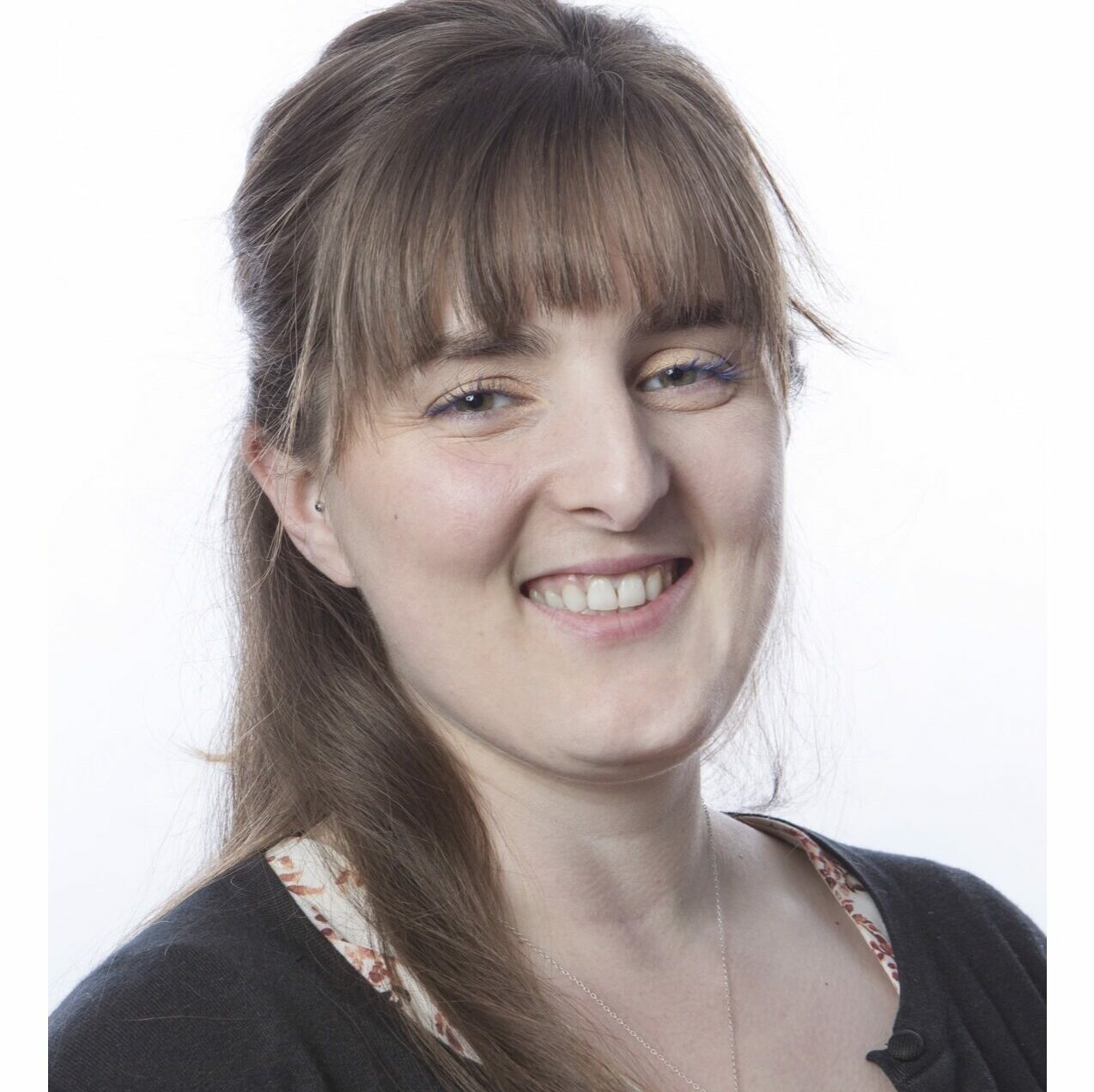
Dr. Ann Wells

Dr. Ann Wells
Ann is a postdoctoral associate at The Jackson Laboratory in Bar Harbor, ME. She is interested in understanding how genetics and environment interact to influence disease states. She uses computational tools to understand these complex genetic systems, particularly in the context of the autoimmune disease systemic lupus nephritis. Her previous work investigated the role of diet, genetics, and sex on the tissue metabolome. Using metabolomics and various computational and statistical techniques she aimed to understand the complex interactions between diet, genetics, and sex and how each influenced physiological parameters in mice. In her free time, Ann enjoys biking, hiking, and spending time with her friends and husband.
-
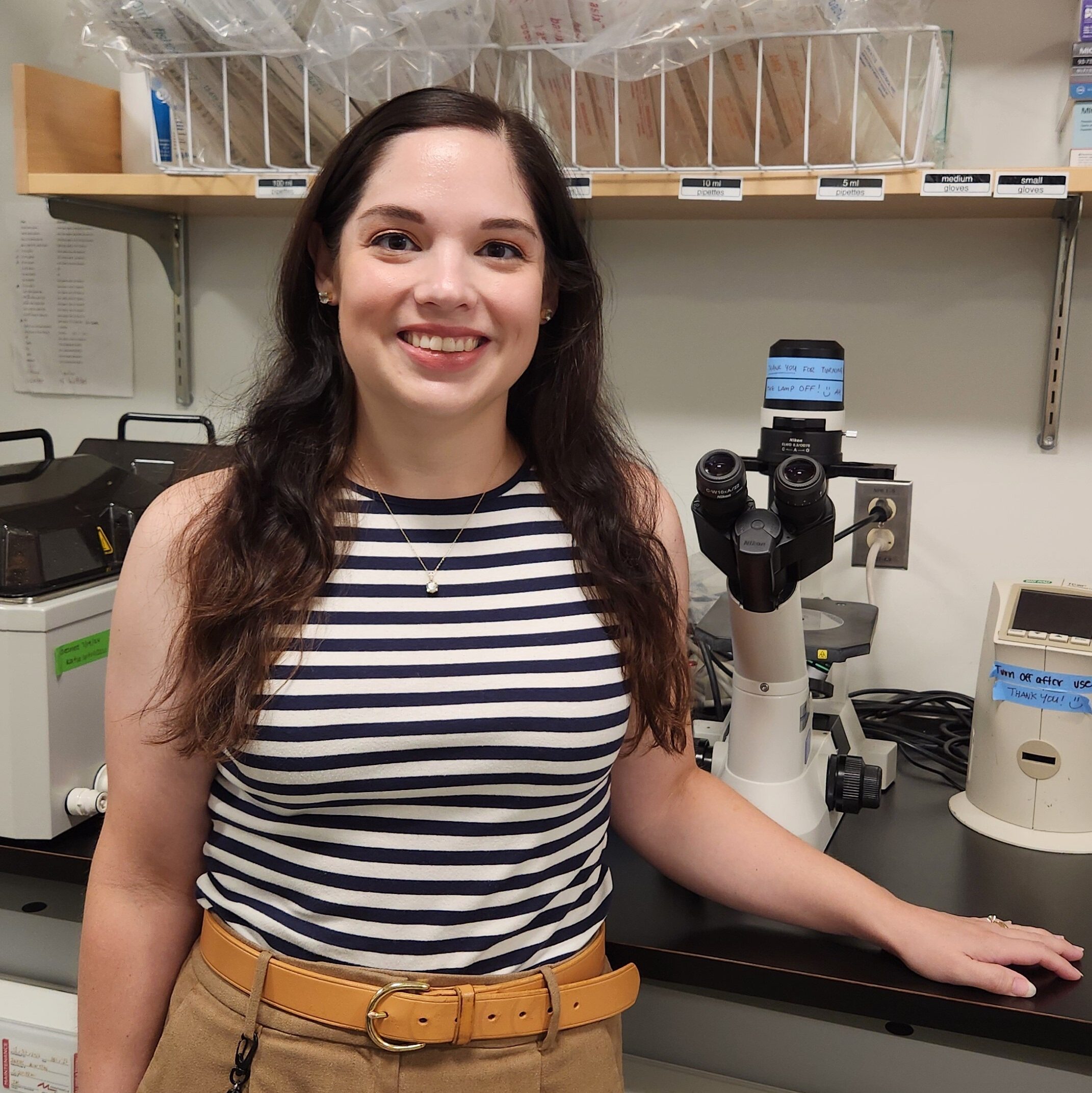
Dr. Margarete Diaz Cuadros

Dr. Margarete Diaz Cuadros
Margarete is an Independent Fellow in the Department of Molecular Biology at Massachusetts General Hospital. She earned her Bachelor’s degree in biochemistry at Columbia University (2014) and later completed her PhD under the supervision of Dr. Olivier Pourquie at Harvard Medical School (2022). Her graduate research focused on the development of in vitro systems for the recapitulation of the mammalian segmentation clock based on pluripotent stem cells. Through a special fellow’s program, Margarete launched her independent research group directly after completion of her PhD. The Diaz Cuadros laboratory focuses on understanding the molecular and genetic basis of species-specific developmental rates by combining in vitro stem cell work with in vivo studies in C. elegans. Born and raised in Lima, Peru, Margarete enjoys cooking, baking, and looking after her vegetable garden. Please read more about her here.
-
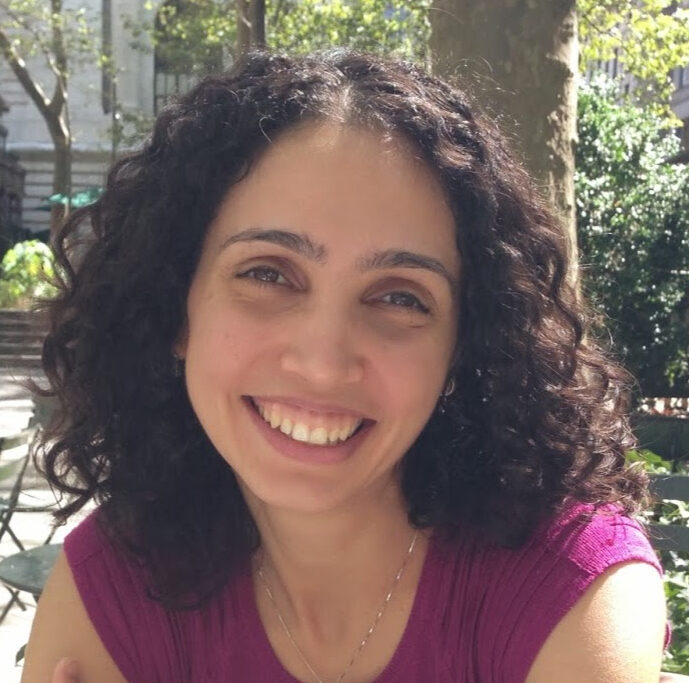
Dr. Sihem Cheloufi

Dr. Sihem Cheloufi
Sihem is an Assistant Professor at the University of California Riverside, where she leads a successful and diverse research group. She is actively engaged in educational and professional activities that benefit the scientific, academic, and public communities. She earned her PhD at Cold Spring Harbor Laboratory, discovering a novel microRNA processing pathway. During her postdoctoral training at Massachusetts General Hospital, her work revealed how manipulating nucleosome assembly during DNA replication is a powerful tool for reprogramming cell fate. Her group brings together expertise in stem cell, RNA and chromatin biology to understand the mechanisms of cellular plasticity, with the broader vision to apply her findings in therapeutic settings. Outside the lab, she is a mother of two girls, enjoys cooking and loves exploring nature.
-
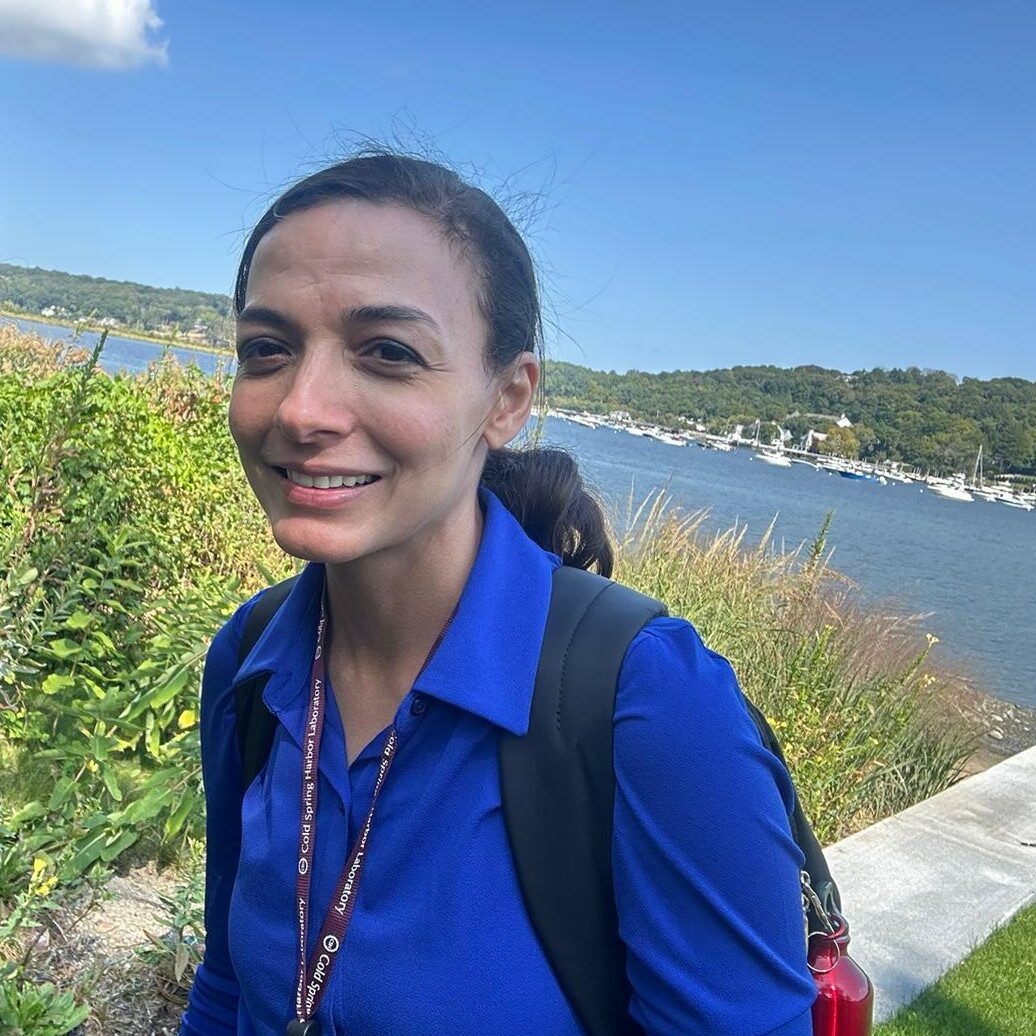
Dr. Dalia Halawani

Dr. Dalia Halawani
Dalia is a Research Assistant Professor at the Icahn School of Medicine at Mount Sinai, where she strives to understand the complex mechanisms governing nervous system injury and repair. Dr. Halawani’s research is focused on uncovering why the peripheral nervous system can regenerate but the central nervous system cannot. By identifying novel molecular mechanisms governing these divergent responses, Dr. Halawani aims to pioneer groundbreaking strategies to not only promote functional recovery after traumatic injury but also slow age-related neurodegeneration and even reverse its effects. Her first-author publications have appeared in highly prestigious journals, including Nature Communications, Frontiers in Genetics, Journal of Biological Chemistry, Journal of Neuroscience, Molecular Cell, and Molecular and Cellular Biology. In addition, Dr. Halawani enjoys mentoring, collaborations, and team-science. As a first-generation immigrant and a proud advocate for women in science, Dr. Halawani brings a unique and personal perspective to her work. Outside the lab, she enjoys the outdoors and cherishing time with her husband and two children. -
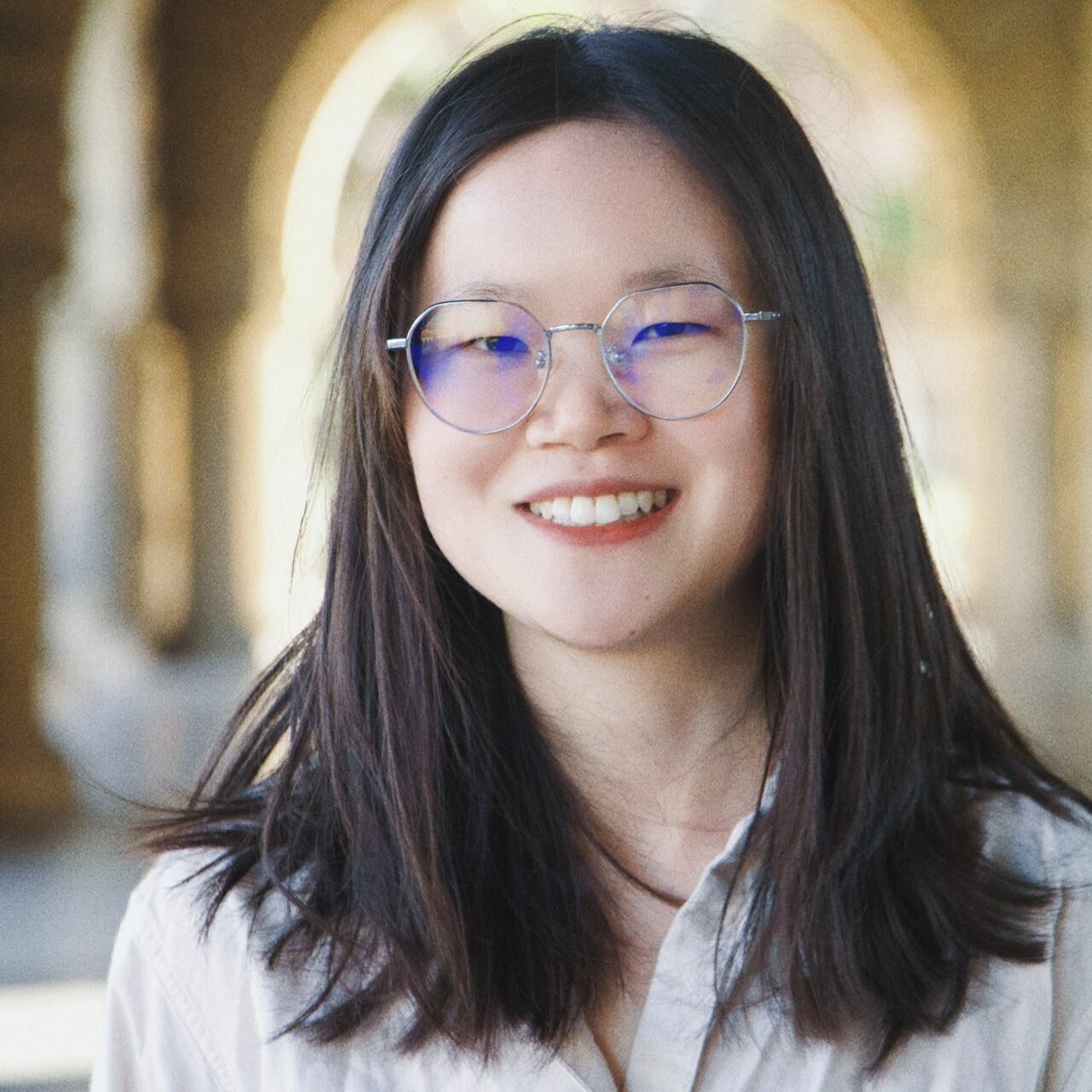
Dr. Yuanwei Li

Dr. Yuanwei Li
Yuanwei is a Stanford Science Fellow in Materials Science and Engineering at Stanford University. She works at the intersection of chemistry, biophotonics, and nanomaterials. She received her PhD in Chemical and Biological Engineering from Northwestern
University in 2023, where she studied the programmable assembly of nanoparticles and their optical and mechanical properties. At Stanford, Yuanwei focuses on developing new nanophotonic platforms for biosensing. She is passionate about designing structured
materials for improved health monitoring and sustainability. -
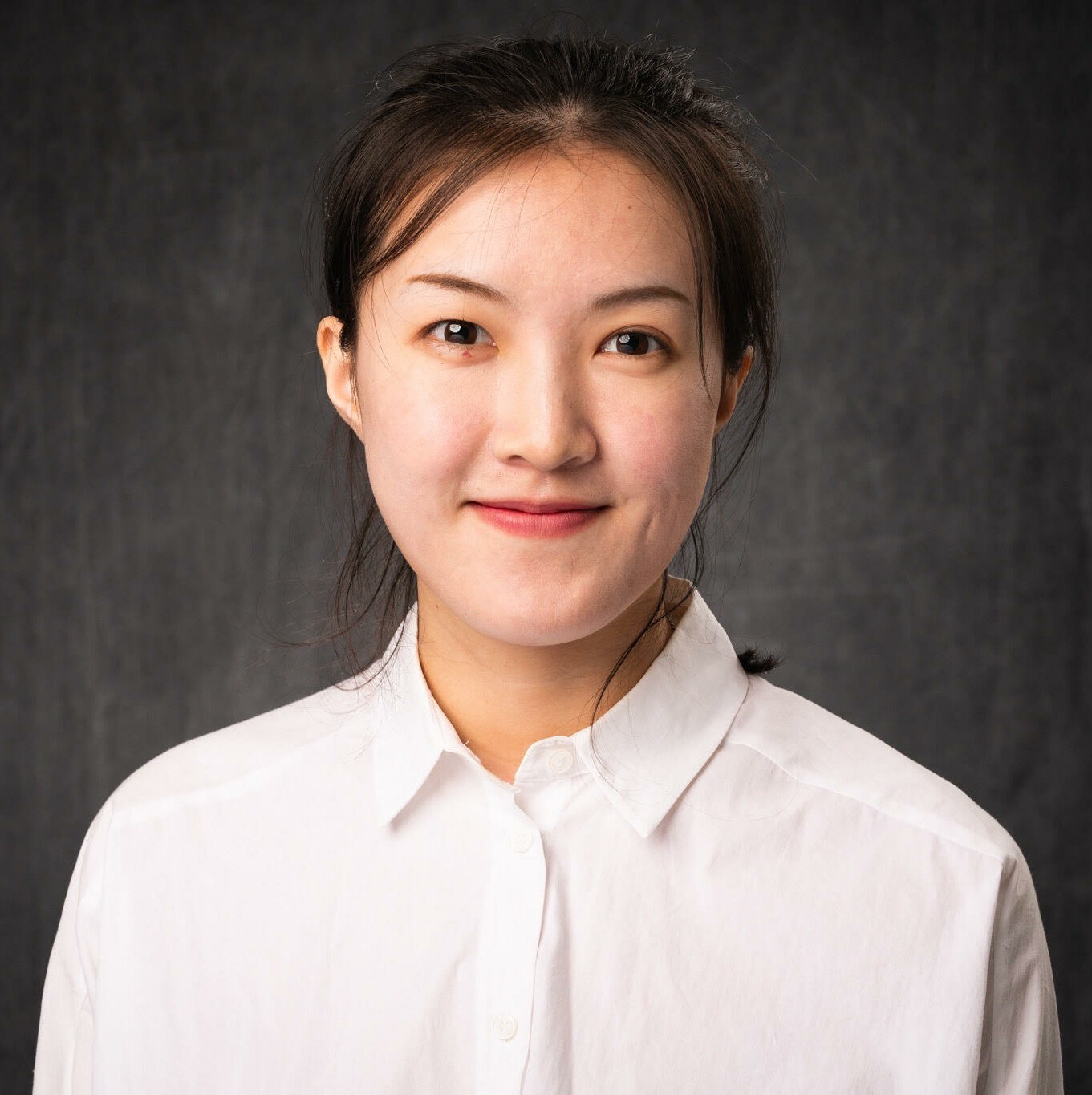
Dr. Chengyu Deng

Dr. Chengyu Deng
Chengyu is a postdoctoral scholar at the University of California San Francisco, with a Ph.D. in Chemical Engineering from Virginia Tech. Her research uses advanced genomic tools to investigate how genetic mutations contribute to neurological disorders. Dr. Deng has authored over ten research papers, including a first-author publication in Science, and is the recipient of the Weill Neurohub Postdoctoral Fellowship. Her current and future work focuses on understanding how epigenetic changes contribute to neurodegeneration and brain aging, with the goal of developing precision medicine tailored to individual epigenetic profiles.
-
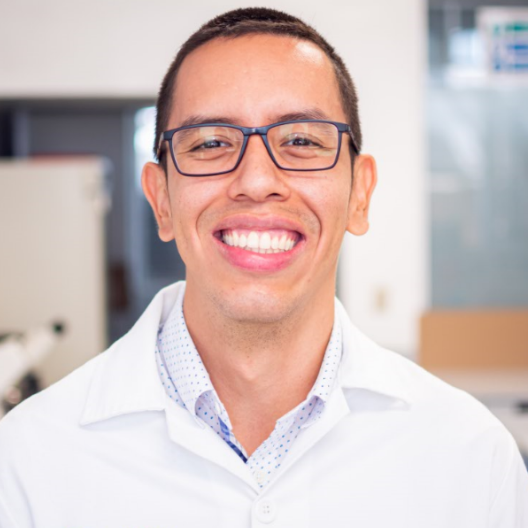
Dr. Carlos Ceballos Gonzalez

Dr. Carlos Ceballos Gonzalez
Carlos is a Bioengineer with a PhD and MSc in Biotechnology from Tecnologico de Monterrey, Mexico. He is from Cali, Colombia, where he obtained his Bachelor’s degree at Universidad del Valle. He then moved to the Tecnologico de Monterrey for graduate work. During his graduate studies, he was a visiting research scholar at Paul Weiss’ Lab at the University of California-Los Angeles (USA), and at Ali Khademhosseini’s Lab at the Terasaki Institute for Biomedical Innovation (USA). He was also a visiting student at the Cambridge Stem Cell Institute, University of Cambridge, in early 2024. During his graduate studies, Carlos became proficient in several biomedical engineering approaches, including 3D-bioprinting, microfluidics, organ-on-chip, and multi-cellular 3D-models. He published nine original articles derived from his PhD work and submitted two patent applications to the United States Patent Office. Following his fascination with how the embryo builds all the tissues of the body, he joined the Boroviak Lab as a postdoctoral researcher at the University of Cambridge. His research aims to elucidate the origin of the human body axis formation using embryo models. Carlos delights in nurturing a positive work culture where everyone shines. He also enjoys working collaboratively in multicultural environments. Outside of the Lab, you can find Carlos walking around Cambridge with his wife and his son.
-

Dr. Liana Boraas

Dr. Liana Boraas
Liana completed her PhD at Tulane University in the Biomedical Engineering department. Currently, she works at Yale University in the Cardiovascular Research Center investigating the intersection of mechanobiology and RNA biology.
-
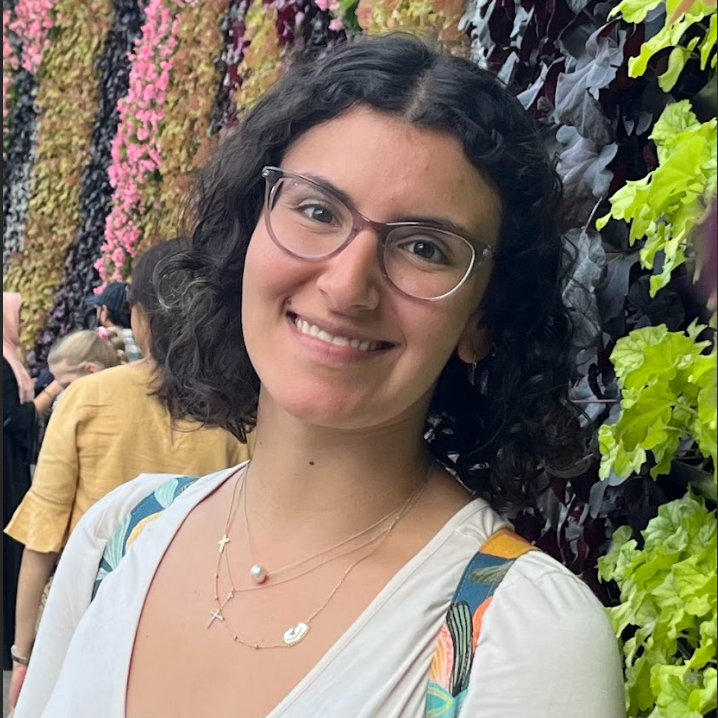
Ms. Therese Cordero Dumit

Ms. Therese Cordero Dumit
Therese is a PhD candidate in the Immunobiology program at Yale University, where she studies the role of dendritic cells in the cancer-immunity cycle. Before coming to New Haven, she received her B.S. in Neuroscience and B.A. in Psychology from the Johns Hopkins University. Throughout her undergraduate career, Therese conducted research in a neuro-oncology laboratory at the Johns Hopkins Hospital, studying the abscopal effect in melanoma metastases. Her summer research experience on cross-presenting dendritic cells at the Koch Institute for Integrative Cancer Research solidified Therese’s interest in pursuing an academic career. Ultimately, Therese aims to uncover fundamental dendritic cell biology that will further our understanding of how to harness this immune cell for treatment-resistant tumors and other immune-mediated diseases.
2023 JEDI Awardees:
-
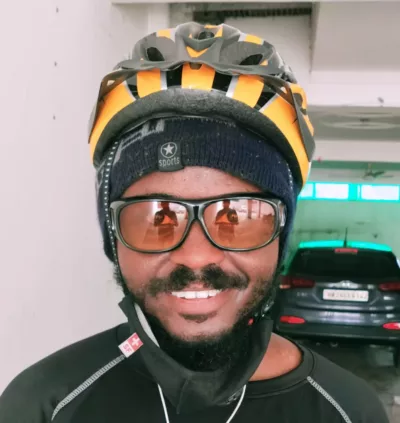
Dr. Timothy Bamgbose

Dr. Timothy Bamgbose
Timothy is a lecturer and researcher with a strong background in Microbiology and Molecular Biology, possessing extensive skills in Microbiology, Molecular Biology, Data Analysis, and Communication. With a Doctorate degree and research experience at various prestigious institutes, he is a great team player and actively involved in interdisciplinary research for future Sustainable Development Goals. His strong interpersonal and organizational abilities, along with his in-depth computer proficiency, make him a reliable and goal-oriented individual who is passionate about contributing to the academic community. -
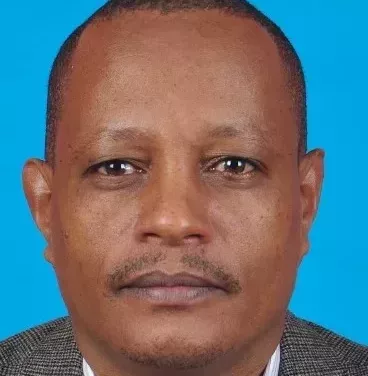
Dr. Habtamu Abera Goshu

Dr. Habtamu Abera Goshu
Habtamu is a Lecturer/Senior Researcher in Animal Genetics and Molecular Breedingworks at the Bio and Emerging Technology Institute, and has worked for Oromia Agricultural Research Institute, as Associate Researcher at Bako Agricultural Research Center for 15 years. He graduated with a Ph.D. degree in Animal Genetics, Breeding and Reproduction from the Chinese Academy of Agricultural Sciences and his thesis project was entitled “Study on the Copy Number Variations of the CHKB, KLF6, GPC1, and CHRM3 Genes Associated with Growth Traits and Gene Expression in Chinese Domestic Yak (Bos grunniens)”. In agriculture, he works on genetics and breeding of livestock and technical skills in genetic estimation (heritability, breeding value, direct additive, and material heritability). He has experience in accurate detection of CNVs and SNPs for integrating genomics into breeding programs and in identifying and utilizing DNA-based markers in breeding programs.
-
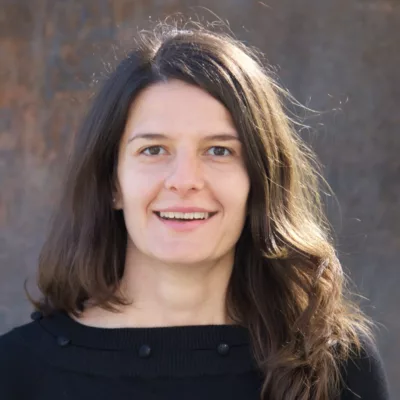
Dr. Elif Karagöz

Dr. Elif Karagöz
Elif majored Molecular Biology and Genetics with a minor in Chemistry at the Middle East Technical University in Turkey. She got her Master’s degree in Molecular Biology at the Max Planck Research School in Göttingen. After completing her PhD at Utrecht University in the group of Stefan Rüdiger, she did a postdoc at Peter Walter’s lab at the University of California San Francisco.
-
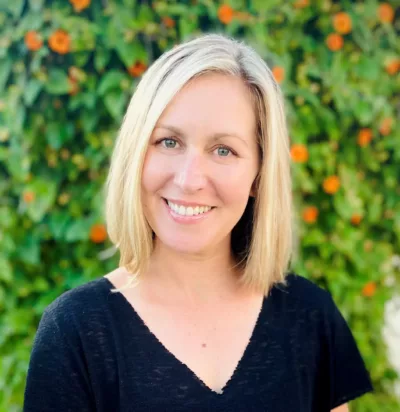
Dr. Julia Mack

Dr. Julia Mack
Julia is an Assistant Professor in the Department of Medicine, Division of Cardiology at UCLA. She received her Ph.D. in Inorganic Chemistry from UCLA and then work in the aerospace industry at Teledyne Scientific. After developing an interest in biomaterials for tissue engineering applications, she decided to return to UCLA to study vascular biology as a Postdoctoral Fellow. As a postdoc, she discovered that endothelial NOTCH1 is a mechanosensor that functions to maintain arterial homeostasis and prevent vascular inflammation. Julia became faculty at UCLA in July 2018 where her research lab studies modes of endothelial cell mechanotransduction to discover how blood flow forces control cardiovascular health and function. To this end, the lab utilizes bioreactor systems to control the microenvironment and investigates how cells organize and communicate using high resolution live cell and confocal imaging techniques.
-
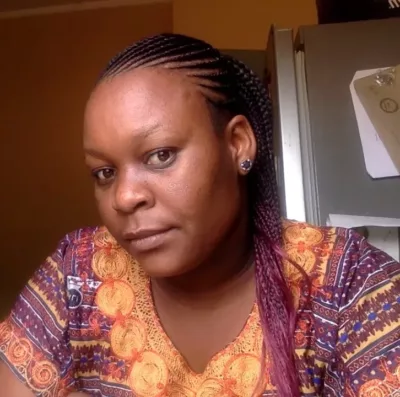
Dr. Tiroyaone Albertinah Matsika

Dr. Tiroyaone Albertinah Matsika
Albertinah is a biodiversity conservation researcher and professional working at the Botswana University of Agriculture & Natural Resources. She has a passion for natural resources conservation through sustainable development, education, awareness and stakeholder engagement. Her aim is to make a significant contribution to species conservation, minimising human wildlife conflict and contributing to successful food security goals. She enjoys working with vulnerable communities or remote villages (where many subsistence farmers are based), women and girls and school children. Currently, she has dedicated her time towards actively working with Women for Conservation Botswana and in national ecosystem assessment and species management projects. Albertinah envisions a Botswana with: (1) more educated women and girls, (2) communities who are able to sustainably harvest biodiversity and ecosystem resources, (3) communities who can device and work hard towards achieving sustainability in food security and zero hunger.
-
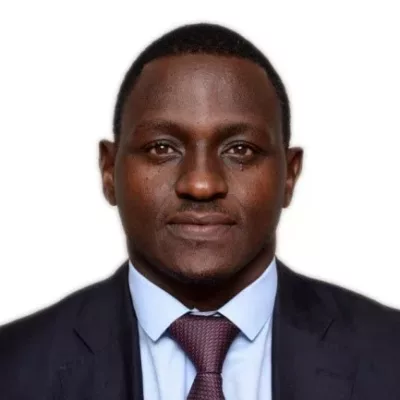
Dr. Bernard Mbwele

Dr. Bernard Mbwele
Bernard is an Epidemiologist and Clinical Researcher. He trained for Medicine at UDSM, Clinical Research at Tumaini University, KCMUCo and then quality of care at Radboud University, the Netherlands and Multidisciplinary Health sciences at Stellenbosch University in Cape Town, South Africa. He is a research fellow for Patient Centered Outcome Research (PCOR) at MUHAS and Northwestern University. He is a research collaborator at University College London (UCL) for Obstetric Haemorrhage management as a Co-PI for the London – Mbeya Obstetric Project. He is a senior programme manager for C-Sage Program, National Lead in Tanzania in collaboration with Indian team through WHO collaborating centre for Women Health in Birmingham University. A national lead for the African Surgical Outcome studies in Tanzania in collaboration with the University of Cape Town. He has published more than 20 articles on Reproductive Maternal Newborn and Child Health as well as Surgical Outcome studies in Africa. He has recently lead chapter 4 and Chapter 25 of the Tanzanian standard Treatment Guideline and National Essential Medicine List (STG & NEMT) using AMR reports in Tanzania. He has also been collaborating with Antwerp University and the Northumbria University Newcastle for Global PPS use in AMS – Mbeya, Tanzania.
-
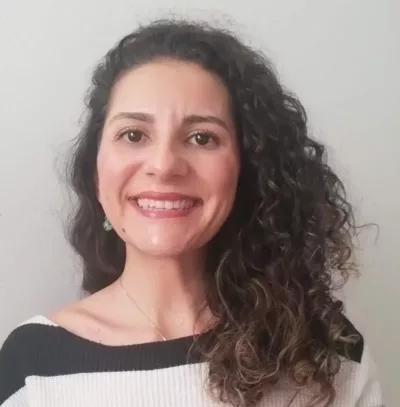
Dr. Marina Tristao

Dr. Marina Tristao
Marina studies the role of platelets during pregnancy complications, such as pre-eclampsia and intrauterine growth restriction. The goal of our research is to understand changes in PDGF-B and platelet function alter pregnancy outcomes. This project is supervised by Dr. Matthew Rondina, MD, MS. In her spare time, she enjoys reading about Feng Shui, going for a hike and sharing good food with friends.
-
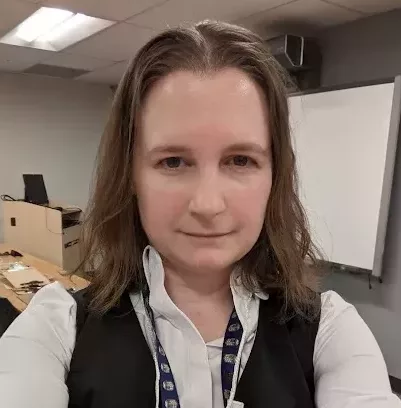
Dr. Christine Lalonde

Dr. Christine Lalonde
Christine completed her PhD at Laurentian University and recently worked as a Post-Doctoral Fellow at Northern Ontario School of Medicine University and the underground neutrino laboratory in Sudbury, Ontario (SNOLAB) focusing on sub-background radiation on epigenetics.
-
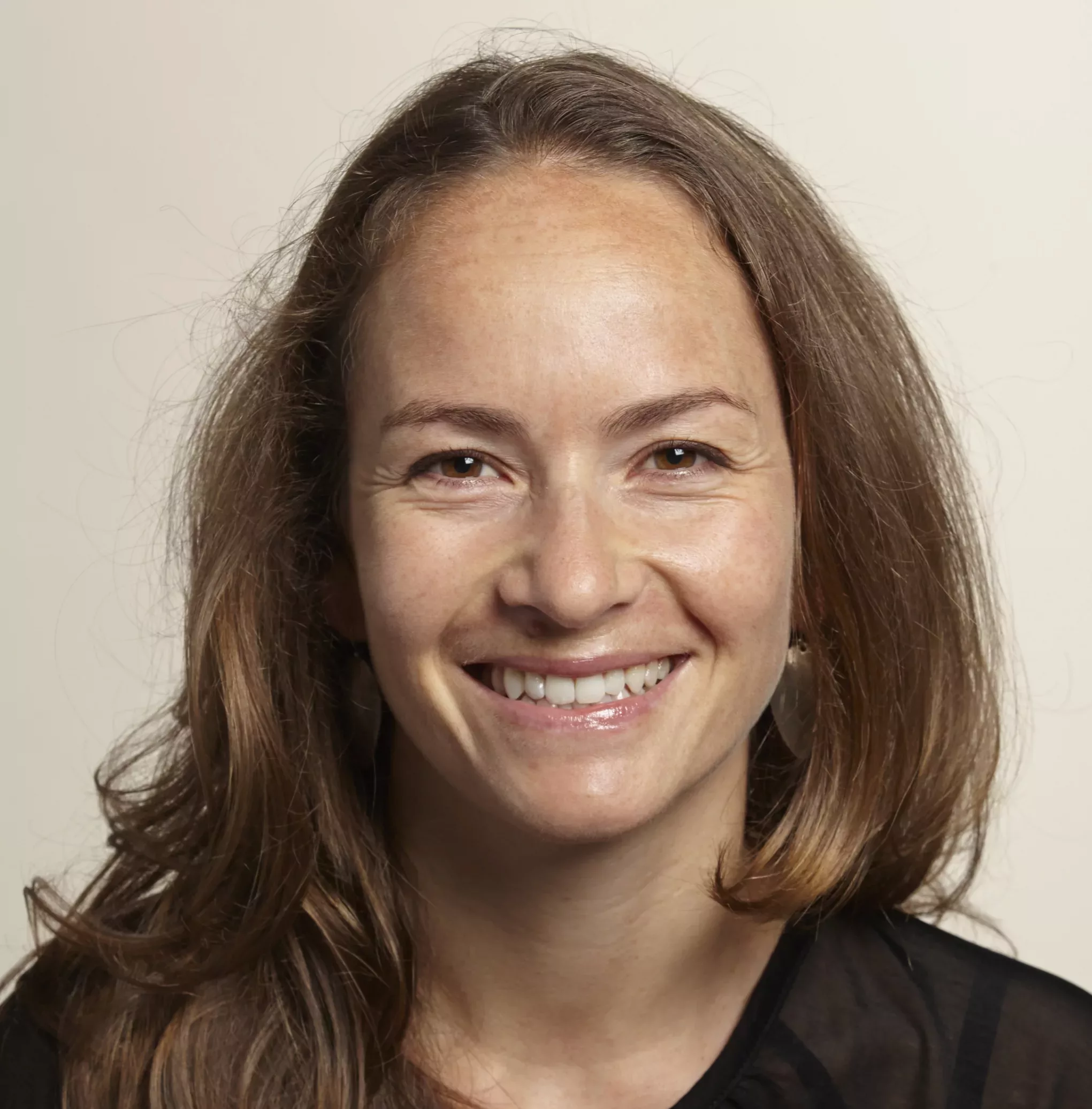
Dr. Nicole Dubois

Dr. Nicole Dubois
Nicole is an Associate Professor in the Department of Cell, Developmental and Regenerative Biology at Mount Sinai. She received her Ph.D. in Developmental Biology from the University of Lausanne, Switzerland, studying the role of c-myc during embryonic hematopoiesis. During her postdoctoral work at the McEwen Centre for Regenerative Medicine at the University Health Network in Toronto, Canada, she became interested in cardiogenesis, and specifically in the use of pluripotent stem cells to model cardiac development and disease. In 2013 Nicole started her lab at the Icahn School of Medicine at Mount Sinai in New York where she continues to pursue her interest in the mechanisms of early heart formation and their translation to human disease. To this end her group has studied early atrial-ventricular lineage segregation, the role of metabolism during cardiac maturation, the role of Notch signaling in cardiac specification, identification of patient-specific drug signatures, the mechanisms of early sarcomere assembly and the role of RNA-binding proteins during cardiac development.
-
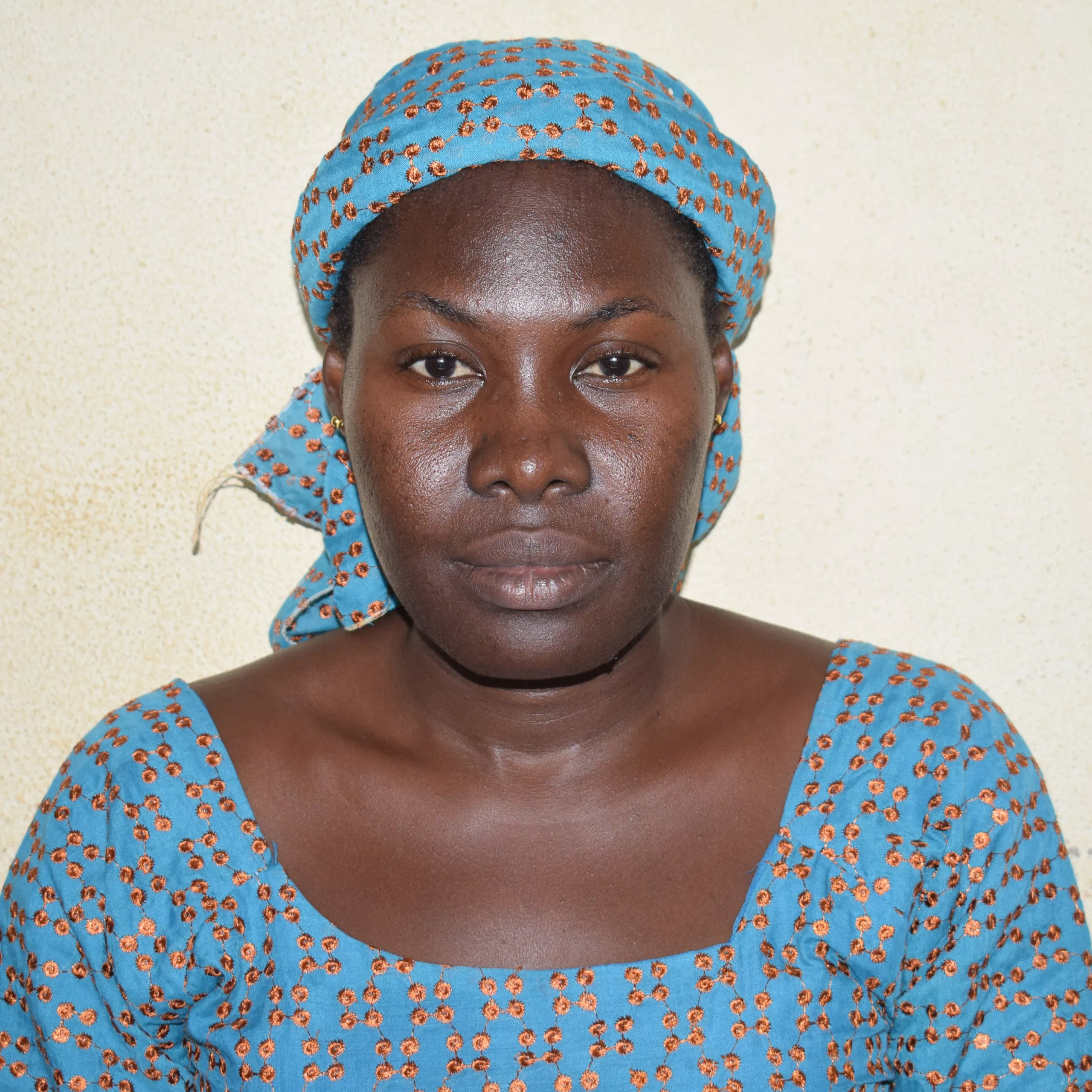
Dr. Jacqueline Dikti Vildina

Dr. Jacqueline Dikti Vildina
Jacqueline is a general parasitologist transitioning to clinical parasitology. As an early career researcher, my research focuses on infectious diseases of poverty such as onchocerciasis, schistosomiasis, and leishmaniasis. I lecture in the Department of Biomedical Sciences at the University of Ngaoundere, Cameroon. I obtained my Ph.D. at the University of Ngaoundere in 2017 and have been a lecturer in the same institution as well as at the Catholic University Institute since 2018. I am a recipient of many scholarships including the German Academic Exchange Service (DAAD). I hope to see people in the third world able to live and pursue their dreams without infectious diseases burden.
-
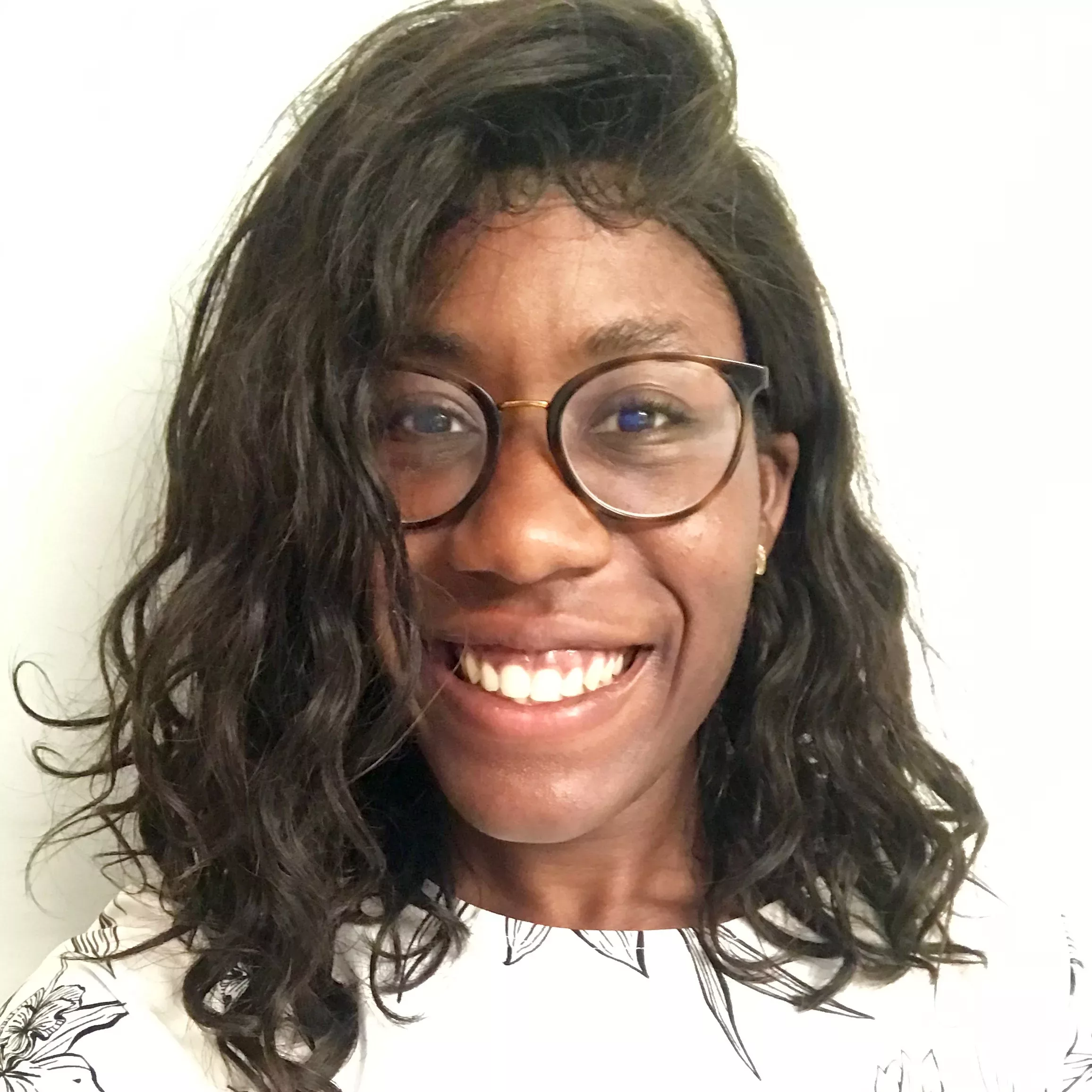
Ms. Andin Fosam

Ms. Andin Fosam
Andin is an MD-PhD student at Yale School of Medicine who is currently completing her graduate work in Cellular and Molecular Physiology in the Perry lab. She is studying the metabolic phenotypes of post-surgical muscle injury/repair using blood flow restriction techniques. This focus combines her interest in orthopedics and rehabilitation with broader interests in translational metabolism, strength training, and chronic metabolic disease. Andin is excited to leverage her athletic background and the skills she’s building in both basic and clinical settings to contribute to orthopedic research and a future surgeon-scientist.
-
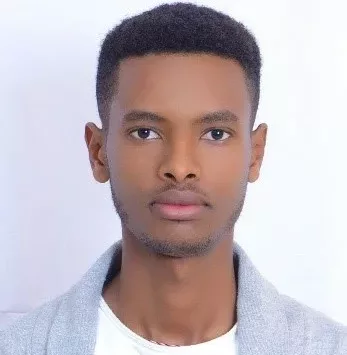
Mr. Merhawi Alemu Birhanu

Mr. Merhawi Alemu Birhanu
Merhawi is a resident of Tigray, Northern Ethiopia. He holds a BSc. degree in Medical Laboratory Science, and an MSc. degree in Medical Parasitology, both obtained from Mekelle University. Currently, he is working as a Lecturer and Researcher at Adigrat University, College of Medicine and Health Sciences, Department of Medical Laboratory. In this capacity, his responsibilities encompass teaching, conducting research, and engaging in community services.
-
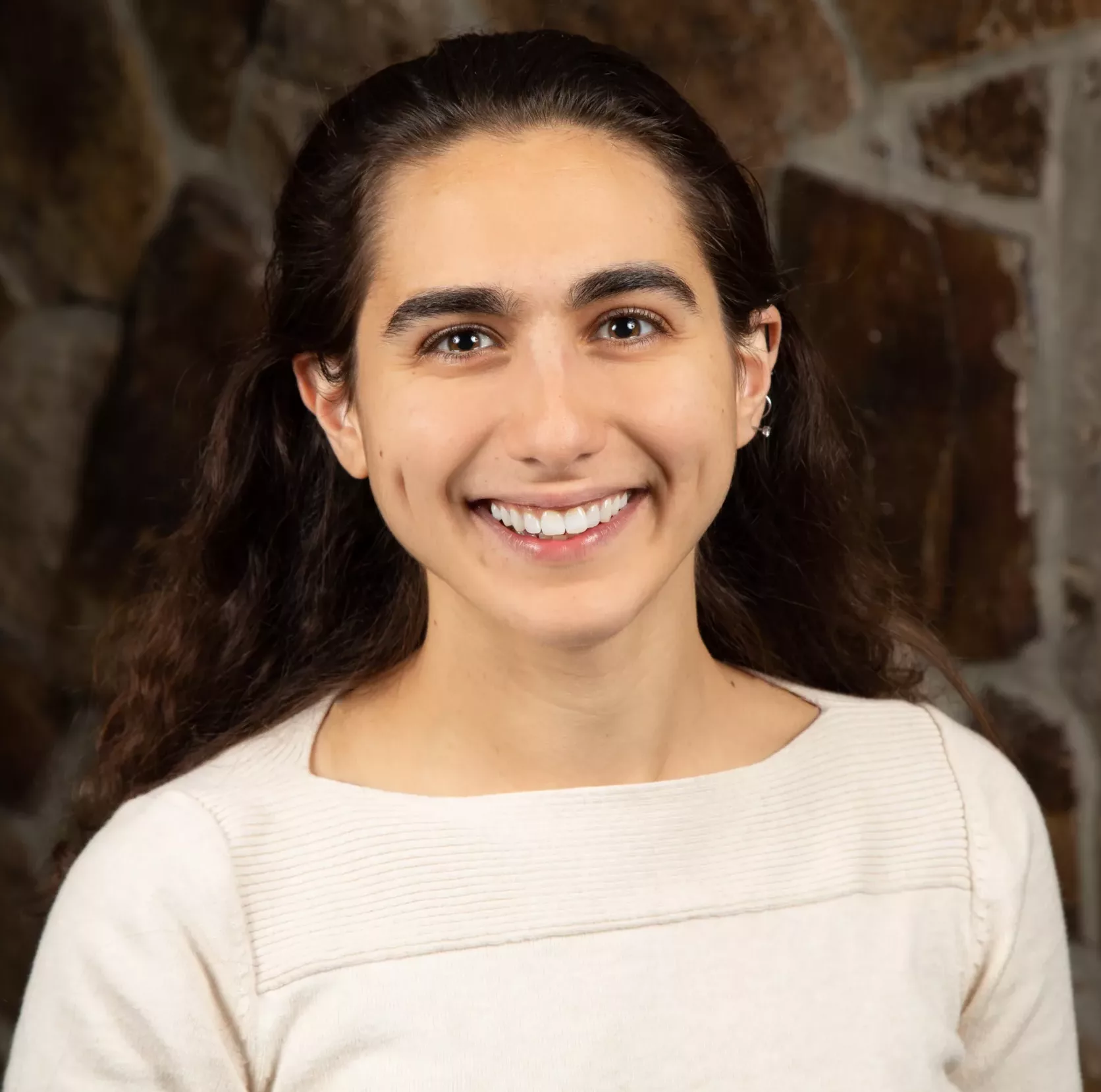
Ms. Phaedra Ghazi

Ms. Phaedra Ghazi
Phaedra is a graduate student at the University of Utah pursuing her Ph.D. in oncological science and a master’s in clinical investigation. Her graduate work includes studying whether combined inhibition of KRAS and autophagy is a superior treatment strategy to either
single agent in pre-clinical models of lung cancer. In her spare time, she loves enjoying all the amazing outdoor recreation in Utah and reading. -
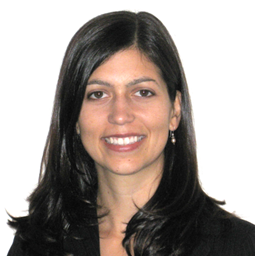
Dr. Belinda Waltman

Dr. Belinda Waltman
Belinda is a primary care physician and the Director of Care Delivery Transformation within Population Health at the Los Angeles County Department of Health Services. Previously, she was the Medical Director of Whole Person Care Los Angeles, a Medi-Cal waiver-funded initiative designed to create an integrated health delivery system that provides seamless, coordinated care to the most vulnerable Medi-Cal beneficiaries in the LA County system including those experiencing homelessness, justice-involvement, serious mental illness, substance use disorder, or complex medical conditions. Dr. Waltman sees patients at LA General Hospital in the Continuity Care Clinic, which serves high-risk patients recently discharged from the hospital or undergoing complex outpatient diagnostic evaluations while they are connected to primary care. Prior to joining LA County Dept of Health Services, Dr. Waltman was a physician leader and clinical educator in the safety net clinic setting in San Francisco. Dr. Waltman is a graduate of Brown University and Harvard Medical School.
-
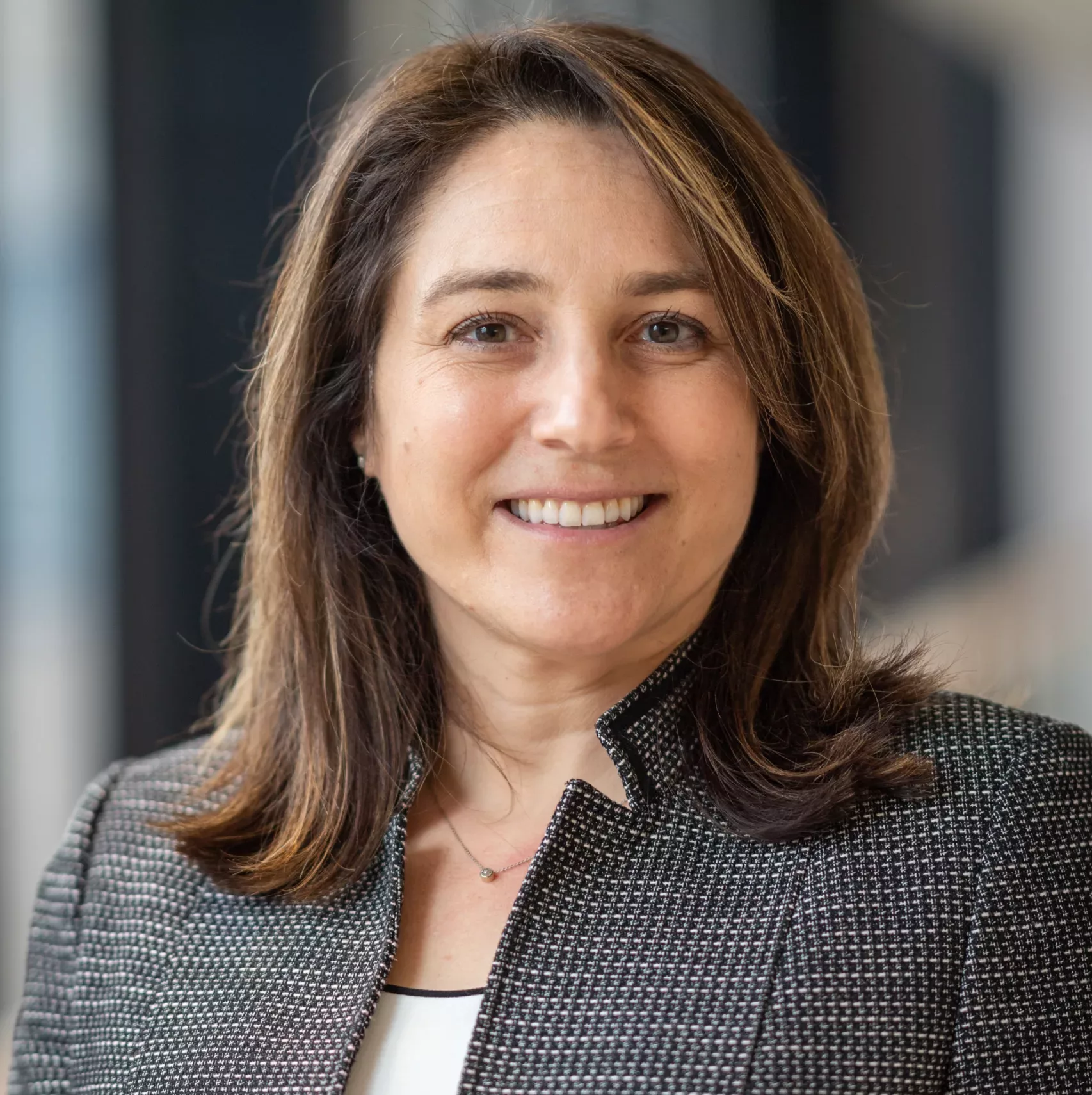
Dr. Maria Silveira

Dr. Maria Silveira
Dr. Silveira is a researcher, palliative care specialist, and ethicist at the University of Michigan and the Kettles Ann Arbor Veteran Administration Medical Center. Her research aims to improve the management of pain and other symptoms related to cancer or cancer treatment. She is the recipient of career development funding from the Robert Wood Johnson Foundation and Veterans Administration. Her research has been published in JPSM, JAGS, JAMA, and NEJM. In 2014, she was awarded fellow status by the AAHPM and was promoted to Associate Professor at the University of Michigan. She was on the Committee that created the first set of VA/DoD Evidence Based Guidelines for Long Term Opioid Therapy. She currently serves as the Director for Research for the UM’s Palliative Care Program. She teaches ethics, communication, and symptom management to students and trainees, and mentors fellows, junior faculty, and doctoral candidates in research. Areas of interest: Cancer pain and chronic pain, safe use of opioids in palliative care and oncology.
2021-2022 JEDI Awardees
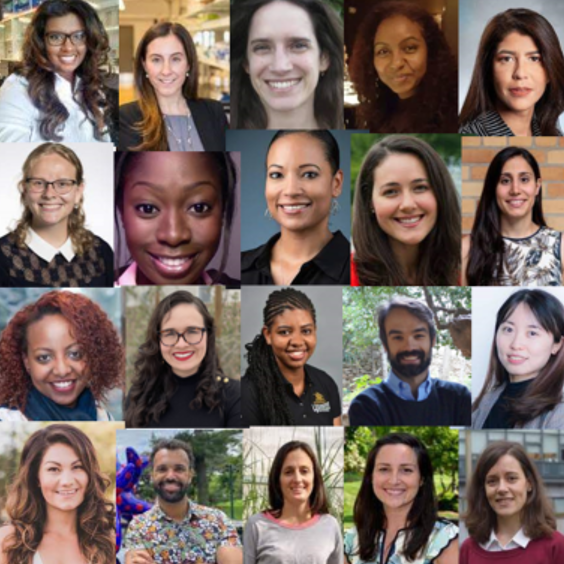
Selected JEDI Awardees: Top row, Left to Right: Dr. Nirosha Murugan, Dr. Lucia Peixoto, Dr. Michelle Mendoza, Dr. Sara Suliman, Dr. Ana Paula Abreu, Second row, Left to Right: Ms. Mariah Arral, Dr. Efe Chantal Ghanney Simons, Dr. Crystal Rogers, Dr. Heather Gustafson, Dr. Gözde Demirer, Third row, Left to Right: Dr. Roman Ayele, Dr. Aide Macias-Muñoz, Ms. Sherlene Brown, Dr. Domagoj Cikes, Dr. Wanlu Liu, Bottom row, Left to Right: Ms. Laura Flores, Dr. Hernandez Moura Silva, Dr. Mariela Inés Monteoliva, Dr. Helen Willsey, Dr. Ana Santos Almeida.
- Dr. Nirosha Murugan, Alogoma University, Canada: Acute multidrug delivery via a wearable bioreactor facilitates long-term limb regeneration and functional recovery in adult Xenopus laevis.
- Ms. Sabina Govere-Hwenje, University Of KwaZulu Natal, South Africa: Factors Influencing Rapid Antiretroviral Therapy Initiation at Four eThekwini Clinics, KwaZulu-Natal, South Africa
- Dr. Lucia Peixoto, Washington State, USA
- Dr. Michelle Mendoza, University of Utah, USA
- Dr. Sara Suliman, Harvard, USA: Dual TCR-α Expression on Mucosal-Associated Invariant T Cells as a Potential Confounder of TCR Interpretation
- Dr. Ana Santos Almeida, University College Cork, Ireland
- Dr. Clarice Aiello, UCLA, USA
- Dr. Annie Kathuria, Harvard, USA
- Dr. Ana Paula Abreu, Brigham and Women’s Hospital/Harvard Medical School, USA
- Dr. Mariela Inés Monteoliva, INTA CONICET Córdoba, Argentina: Breeding for drought tolerance by monitoring chlorophyll content.
- Dr. Demetria McNeal, University of Colorado, USA
- Dr. Efe Chantal Ghanney Simons, UCLA, USA: Trends in the Racial and Ethnic Diversity in the US Urology Workforce
- Dr. Crystal Rogers, UC Davis, USA
- Dr. Heather Gustafson, Seattle Children’s Research Institute, USA
- Dr. Elizabeth McCullagh, Oklahoma State University, USA
- Dr. Rachel Tanner, Oxford University, UK
- Dr. Danijela Bataveljic, University of Belgrade, Serbia
- Dr. Roman Ayele, University of Colorado, USA
- Ms. Sherlene Brown, Purdue University, USA
- Ms. Mariah Arral, Carnegie Mellon University, USA
- Dr. Jose Gomez, Vanderbilt University, USA
- Mr. Rabila Bamogo, Cheikh Anta Diop University, Sénégal: Snakebite frequencies and envenomation case management in primary health centers of the Bobo-Dioulasso health district (Burkina Faso) from 2014 to 2018
- Dr. Eva Freckmann, Beaston Institute, UK
- Dr. Gözde Demirer, Caltech, USA
- Dr. Wanlu Liu, Zhejiang University, China: huARdb: human Antigen Receptor database for interactive clonotype-transcriptome analysis at the single-cell level
- Dr. Hridesh Mishra, Rutgers University, USA
- Ms. Laura Flores, University of Nebraska Medical Center, USA: Risedronate or exercise for lean mass preservation during menopause: secondary analysis of a randomized controlled trial
- Dr. Hernandez Moura Silva, MIT, USA
- Dr. Aide Macias-Muñoz, UC Santa Barbara, USA
- Ms. Maranda Thompson, University of Nebraska Medical Center, USA: Omega-6 and Omega-3 Fatty Acid-Derived Oxylipins from the Lipoxygenase Pathway in Maternal and Umbilical Cord Plasma at Delivery and Their Relationship with Infant Growth
- Dr. Anjelica Gonzalez, Yale University, USA
- Dr. Domagoj Cikes, Institute of Molecular Biotechnology, Austria
- Dr. Helen Willsey, University of California San Francisco, USA
- Dr. Sibongile Mafu, University of Massachusetts Amherst, USA
- Dr. Heba Sailem, Oxford University, UK
- Dr. George Nodza, University of Lagos, Nigeria
- Dr. Sara Gallini, Yale University, USA
- Dr. Swati Gupta, Icahn School of Medicine at Mount Sinai, USA
- Dr. Gennie Parkman, Huntsman Cancer Institute, USA
- Dr. Kate Warde, Huntsman Cancer Institute, USA: Mitotane Targets Lipid Droplets to Induce Lipolysis in Adrenocortical Carcinoma
- Dr. Ascel Samba-Louaka, University of Poitiers, France: A time-resolved multi-omics atlas of Acanthamoeba castellanii encystment
- Dr. Nkiru Zuada Nwachukwu, University of Nigeria Teaching Hospital, Nigeria
- Dr. Beynon Abrahams, University of the Free State, South Africa
- Dr. Santu Saha, Newcastle University, UK
- Dr. Benjamin Suarez-Jimenez, University of Rochester, USA
- Dr. Riley Elmer, Huntsman Cancer Institute, USA
- Dr. Vivian Gama, Vanderbilt University, USA
- Dr. Philbert Balichene Madoshi, St. Francis University College of Health and Allied Sciences, Tanzania
- Dr. Stefania Nicoli, Yale University, USA
- Dr. Jessica Maldonado-Mendoza, UCSF, USA
- Dr. Heeran Mutuku, South Eastern Kenya University, Kenya
- Mr. Feyera Gobena Gemechu, Addis Ababa Science & Technology University, Ethiopia
- Dr. Femi Gabriel Oyeniyi, Ekiti State Polytechnic, Nigeria
- Dr. Rashid Ahmed, Department of Higher Education, Muzaffarabad, AJK, Pakistan
- Ms. Praveena Naidu, Hunter College CUNY, USA
- Ms. Linda Amanya, Uganda National Council for Science and Technology, Uganda
- Dr. Julie Welburn, University of Edinburgh, UK
- Dr. Favour Tochi Achimba, Hunter College CUNY, USA
- Dr. Amarylis Lopez-Renta, University of the Incarnate Word, USA
“Our paper has been accepted in Nucleic Acids Research! Many thanks for all the support from the JEDI award, especially from Katy. Without all your support, this paper wouldn’t have been published so quickly.”
– Dr. Wanlu Liu, ZJU-UoE Institute, Zhejiang University. 2021 JEDI Awardee.
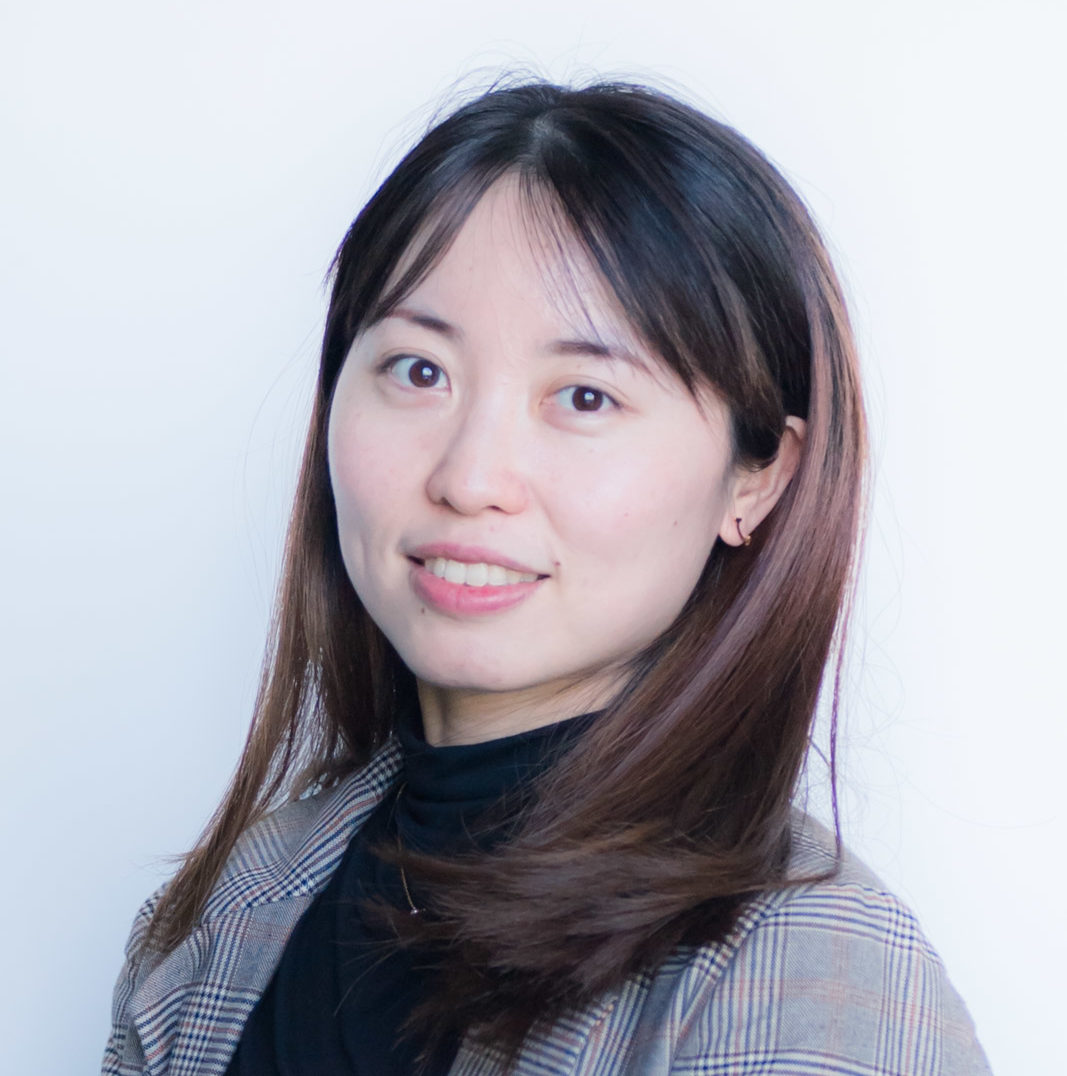
Parental Leave Grants
In 2020, the crisis of the Coronavirus pandemic brought unique stresses, particularly to scientists with children. Life Science Editors offered support to parents suddenly juggling working-from-home with childcare. The grants partnered former journal editors with researchers, and provided a free edit of a manuscript or grant proposal.
Dr. Aldinger studies the genetic basis of neurodevelopmental disorders, particularly those involving the cerebellum. The cerebellum is known mostly for its role in motor function, but it is also associated with many neuropsychiatric and neurodegenerative diseases and cancer. Understanding how it develops, and what happens when development goes awry, can help in the discovery of urgently needed new treatments.
Just before the pandemic hit, Dr. Aldinger was running a team of three research technicians, a study coordinator, and two undergraduate students. She was also in the process of applying for a senior academic position, and was writing up their most recent work on single-cell RNA-sequencing of ~70,000 cells from human fetal cerebellum. These data represent a critical resource for both the scientific and medical communities given the lack of information describing human cerebellar development, the challenges of using human fetal tissue, and the disease implications. Dr. Aldinger is also the mother of twins, each with their own special needs, who were four years old at the time. The twins were at preschool and further cared for by a full-time nanny. Her husband was a research lab supervisor also working full-time.
Then came the lockdown, and everything changed.
Both parents now had to work from home while sharing intensive virtual-schooling and childcare responsibilities. Kimberly estimated that on her best days she managed only 3-4 hours of work, spread out in short shifts, half of which were taken up by Zoom meetings with her team. It was too challenging to dedicate time to think clearly and deeply about the single-cell manuscript, which remained in draft form for several months. The senior author was similarly working-from-home while facilitating virtual-schooling for her 10-year-old son. They were worried the manuscript might get scooped.
The Parental Leave Grant gave them a unique opportunity to engage with an experienced journal editor and get the draft finalized and submitted. Kimberly recalls the value of the grant during a critical time in her academic career, when she was in the process of applying for Assistant Professor positions.
“There have been numerous decries for how COVID-19 is undoing decades of progress for gender equality with devastating consequences for women in our society. Many women have assumed the role of primary caregiver during the pandemic, trying to balance full time work responsibilities with full time childcare needs imposed by school closures. I confronted this exact scenario in March as I was preparing to advance my academic career. The Parental Leave Grant provided me with a critical resource to facilitate my career advancement in the midst of unexpected and overwhelming childcare responsibilities. Kiki (the editor) provided a careful and thoughtful review of my manuscript. Her comments provided focal points that I could address during the short bouts of time, often only minutes, to improve and clarify my manuscript. In only a few short weeks, I was able to polish my manuscript and submit it to a leading journal.”
“This experience renewed my confidence to continue my career advancement.”
Dr. Kimberly Aldinger. Parental Leave Grant Recipient.
Dr. Christina (Kiki) Lilliehook, a former Cell Stem Cell editor who helped with the manuscript, recalls the situation as well. “When Kim and I connected, she already had a draft with most pieces in place, and after working with co-authors, she sent me a draft with updated results and figures. I went over this draft with detailed edits aimed to increase clarity and flow. Throughout the paper, I also marked sentence or sections that I felt needed clarification and/or context to help the reader understand what the authors wanted to convey and why it’s important. Kim then returned a close-to-submit version for a second pass, in which I mainly worked on the discussion. I enjoyed being her thought partner, and felt the two-step approach we ended up using worked really well to get the paper ready for submission.”
“The Life Science Editors Foundation has been leading the way towards gender equality and empowering women by providing critical resources to facilitate success in academia.” Dr. Kimberly Aldinger, Senior Scientist at Seattle Children’s Research Institute in the U.S., and parental grant awardee.
Read Kim’s full story below.
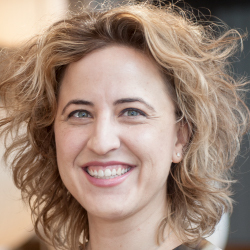
Please read Dr. Aldinger’s paper: Spatial and cell type transcriptional landscape of human cerebellar development
